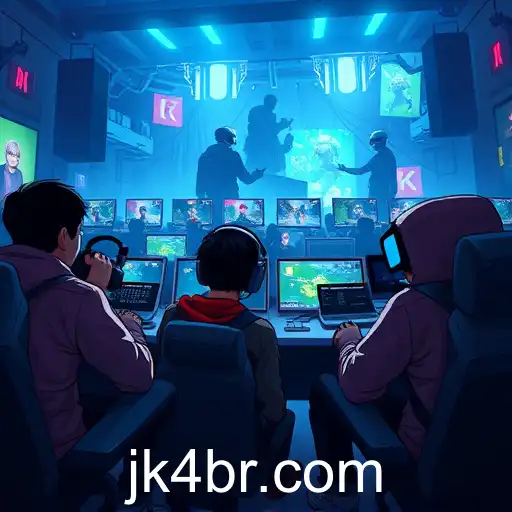
The Impact of AI on Modern Education

In recent years, artificial intelligence (AI) has transformed diverse sectors, and education is no exception. As we explore the educational landscape of 2025, it becomes evident that AI's impact is profound and multifaceted. From personalized learning experiences to reducing administrative burdens, AI is carving new pathways for educators and students alike.
One of the most significant changes AI brings is the ability to customize learning. Machine learning algorithms can assess students' strengths and weaknesses, creating tailored lesson plans that cater to individual needs. This personalization can help close achievement gaps and ensure that all students have the opportunity to succeed.
Moreover, AI is enhancing teacher efficiency. Through automation, tasks such as grading and attendance tracking, which traditionally consume valuable teaching time, are now handled by intelligent systems. This shift allows educators to focus more on instruction and student interaction, potentially leading to improved educational outcomes.
Critics, however, raise valid concerns regarding over-reliance on technology. Skeptics argue about data privacy issues and the potential loss of essential human elements in education. Balancing AI's benefits with ethical considerations remains a challenge for policymakers and educators.
In a broader context, AI's integration into education is part of a larger trend of digital transformation. As technology permeates every facet of life, schools are adapting by implementing innovative tools and methodologies. The dynamics of classroom learning are evolving, and embracing these changes is crucial for preparing students for a future workforce dominated by technology.
Reports indicate significant investments in AI-driven educational technologies, with governments and private institutions recognizing the potential for creating a knowledgeable, tech-savvy generation. However, ensuring equitable access to these technologies remains essential, as disparities in resources could exacerbate existing educational inequalities.
In conclusion, the role of AI in education is set to expand even further, shaping new futures for students and teachers. By leveraging the power of technology responsibly, and addressing the challenges it presents, stakeholders can work towards an educational system that is not only efficient but also inclusive and adaptive to the new demands of the digital age.
JK4's Rising Influence in Gaming
The ongoing evolution of the JK4 gaming website and its role in shaping future trends.
Gaming Community Thrives Amid Evolving Challenges
Exploring the resilience and adaptation of the gaming community in the face of technological advancements and societal changes.
The Rise of Gaming Platforms in the Digital Age
Exploring the growth of gaming websites like jk4 in the rapidly evolving digital landscape.
 Skip to content
Skip to content





